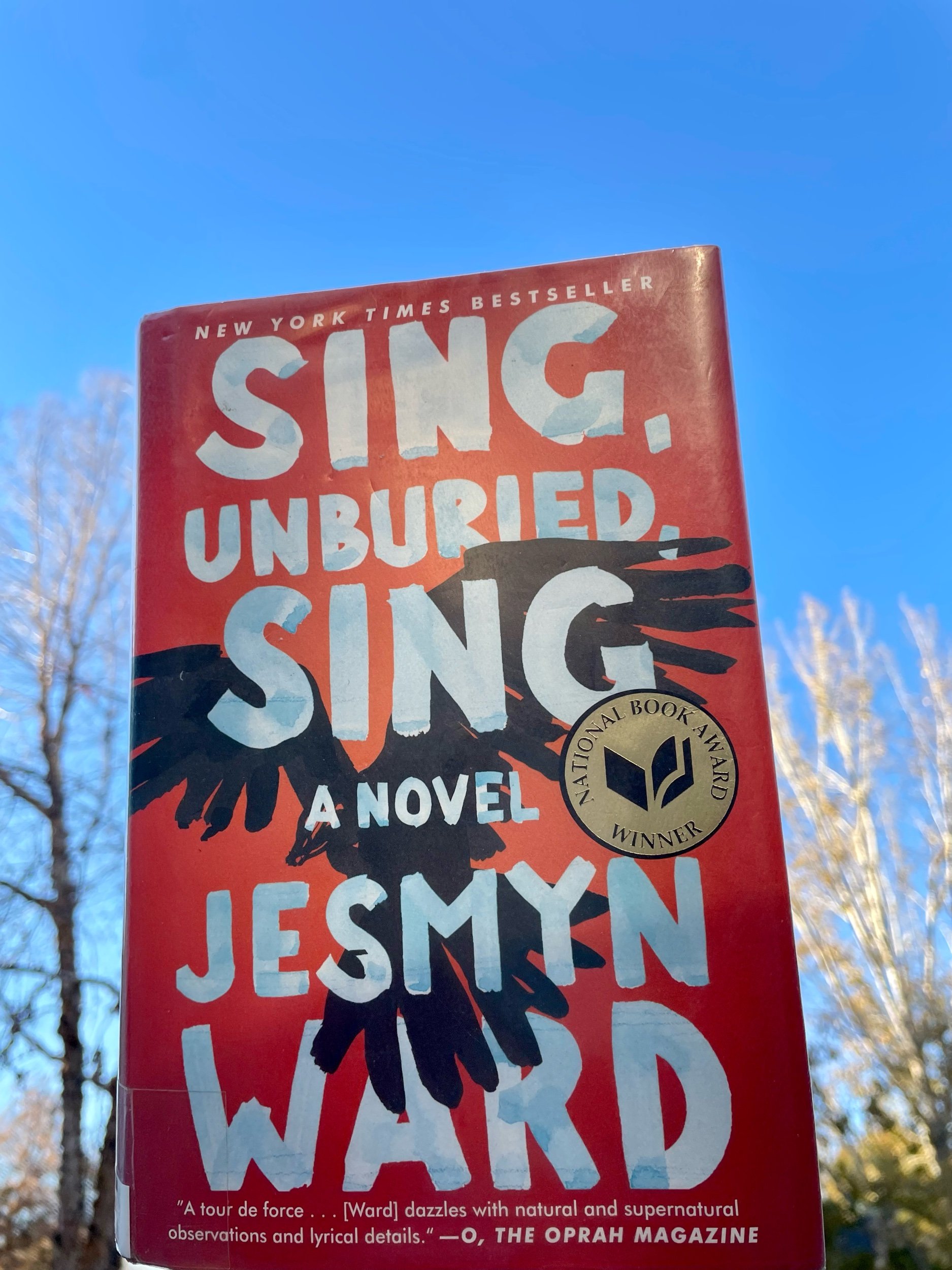James
So often writers tease out an elaborate story by asking a series of compelling what-ifs. In the case of Percival Everett’s most recent novel, James (2024), this is certainly the case. Everett spins an alternate history of American slavery that draws the reader in and provokes readers to reconsider certain narratives. Because, what if? James is the tale of the enslaved man readers met a century ago in Mark Twain’s Adventures of Huckleberry Finn, but Everett’s Jim is far more complicated and dynamic than his literary debut (à la Twain) depicted. Everett’s James is a thinker who survives unthinkable tragedies and traumas time and time again. He, like all enslaved people, finds dignity where he can. Survival punctuates his existence. Everett’s book is a wild adventure of flight and Jim’s search for freedom against the backdrop of the onset of the American Civil War.
One of the major themes in James is that of language and its impact in molding human interactions. Language frames power dynamics and James scrutinizes the relationship between the two. This novel highlights the ways assumption and prejudice relate to language use, and the ways those truths might be wielded by the powerless. Lest I reveal too much, I will leave it at that. If this sounds a bit confounding, or perhaps intriguing, I encourage you to pick up a copy Everett’s new novel.
Reading James side by side with Huckleberry Finn presents readers with very different versions of the same tale. Everett suggests that much of what we think we know about nineteenth-century, Black enslaved folks comes from the pens of white men. As such, isn’t it possible that history, even its fictional versions, missed somethings? James includes elements of Huckleberry Finn’s coming-of-age, albeit under different terms than Twain’s hero’s experience. All of this makes James a thought-provoking (and sometimes very troubling) response to Twain’s canonical novel; one that may inspire us to rethink some of the historical truths generally accepted, to reconsider some of the tales we’ve embraced, and to celebrate the power of language and story to fuel life.
Like most books about enslaved individuals living in antebellum America, James includes plenty of trauma. Violence invades James’s experience often, and readers should be prepared for the cruelty this novel reflects. Despite the difficulty of some of its scenes, James is a masterpiece that leaves readers reconsidering narratives and reforming truth. Suffice it to say, it is a must-read.
Bibliography:
Everett, Percival. James. Doubleday: 2024.
A Few Great Passages:
“At that moment the power of reading made itself clear and real to me. If I could see the words, then no one could control them or what I got from them. They couldn’t even know if I was merely seeing them or reading them, sounding them out or comprehending them. It was a completely private affair and completely free and, therefore, completely subversive.”
“If you're not making mistakes, you're not learning.”
“Dey takes the lies dey want and throws away the truths.”
“Which would frighten you more? A slave who is crazy or a slave who is sane and sees you clearly?”





